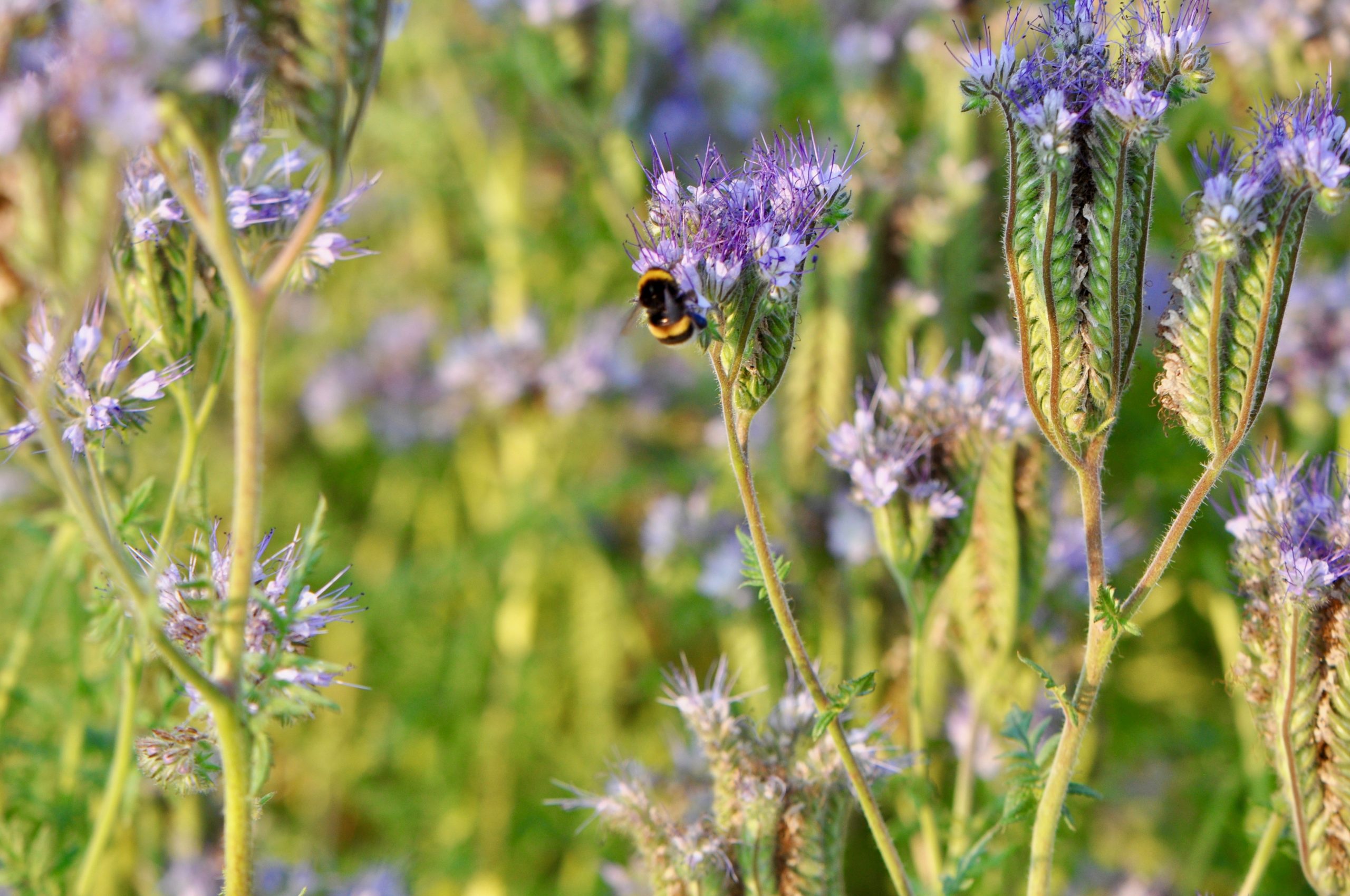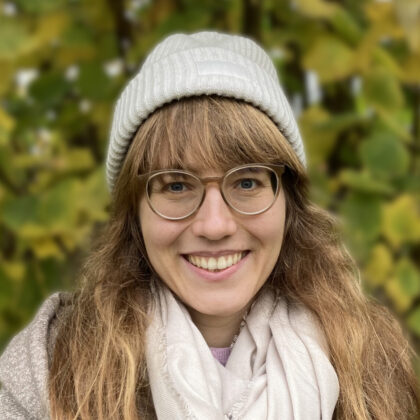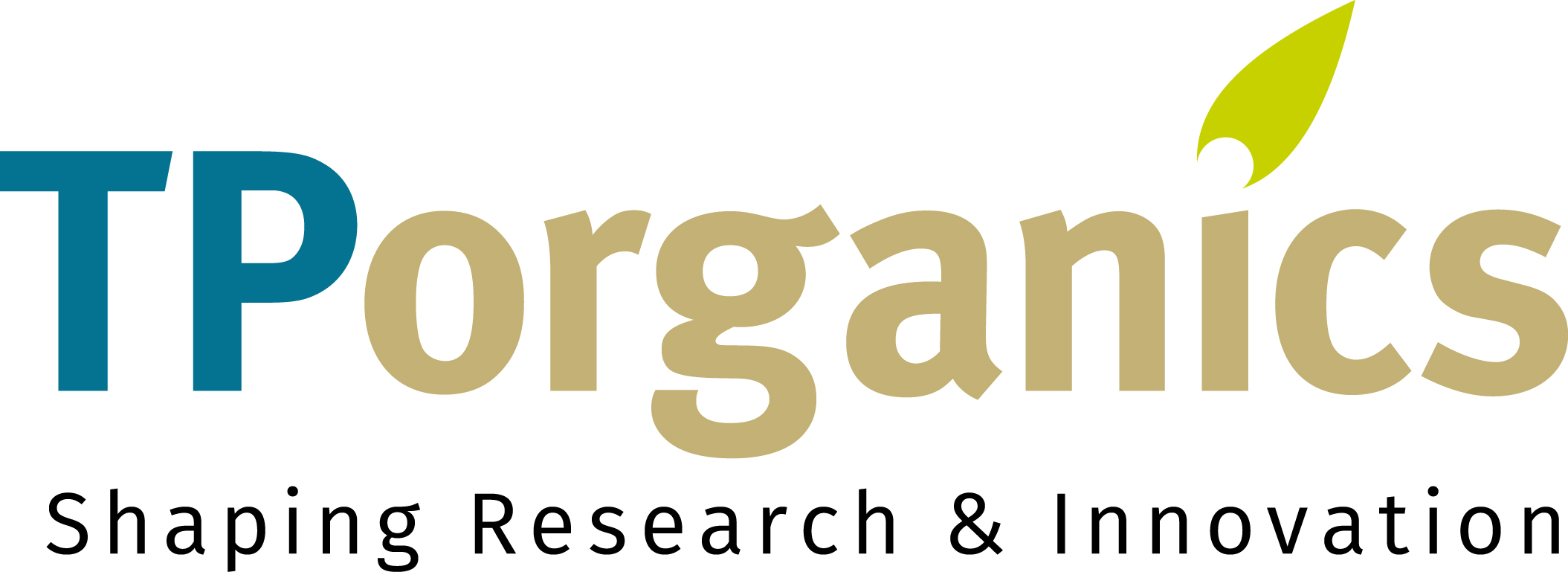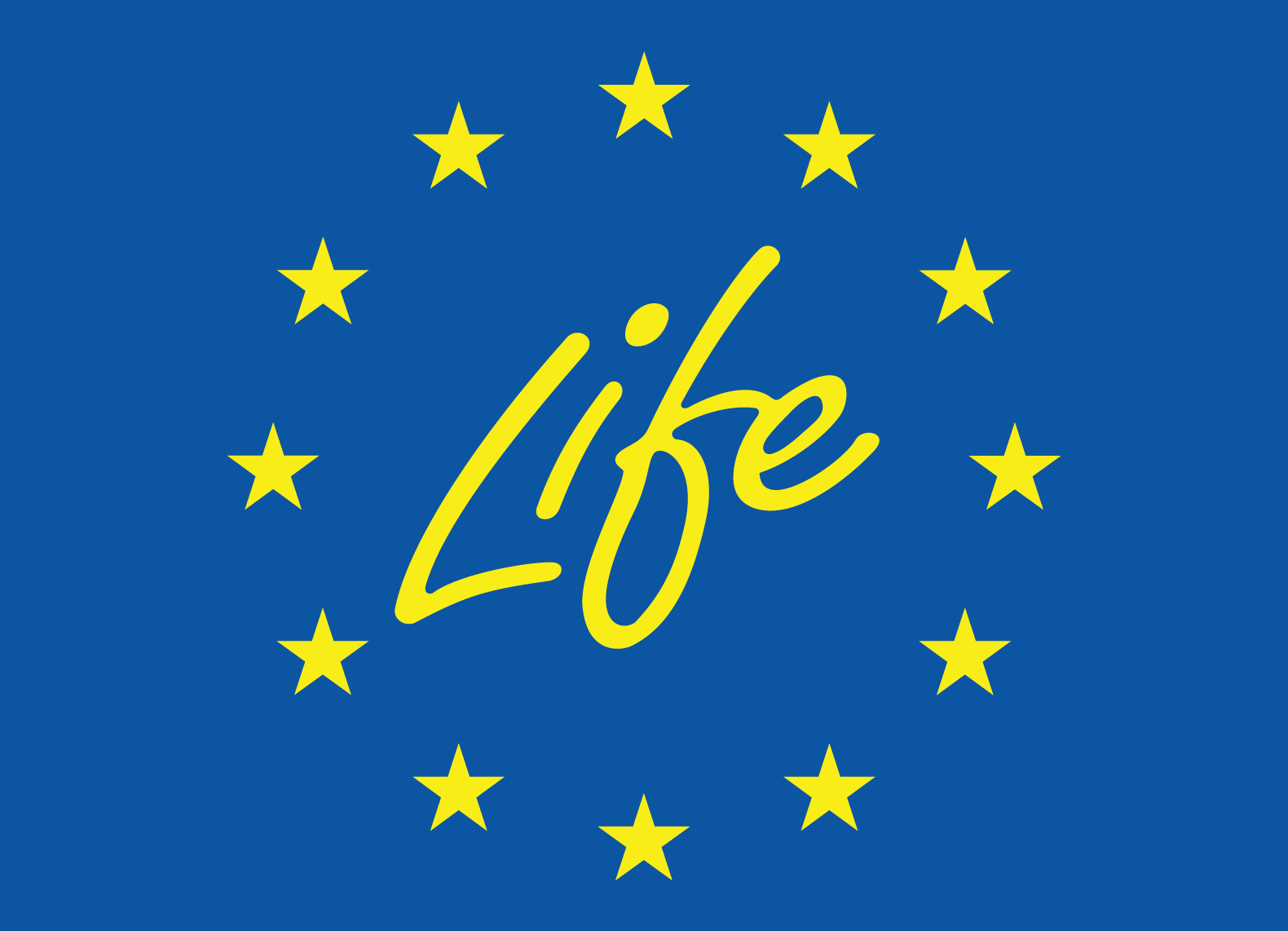
Research and Innovation advocacy
Strengthening research & innovation for organic and agroecology
Today’s research & innovation (R&I) determines tomorrow’s food and farming systems. Building on their system’s approach, research & innovation (R&I) in organic and agroecology can enable the transition to a more sustainable future for all.

Our food and farming systems must be climate neutral, circular, protect the environment, and be fair. They need to be prepared for rapid digitalisation of our economies, bringing new opportunities and risks. To achieve this, all actors have to change the way we produce and consume our food. Organic and agroecology are transforming food and farming from a systems perspective, based on a set of overlapping principles. Public-driven research & innovation play a crucial role in this transformation. This is why organic and agroecological approaches must receive a high priority on the EU and Member States’ R&I agendas.
As IFOAM Organics Europe, we helped build a broad and strong hub for organic and agroecological R&I by joining forces with civil society organisations, researchers, farmers and companies. Together, we established the European Technology Platform for Research & Innovation into Organics and Agroecology, TP Organics. TP Organics identifies research priorities and innovation goals for organic and agroecology and promotes these towards policymakers. The focus is on EU R&I policies: Horizon Europe and the European Innovation Partnership for agriculture (EIP-AGRI). TP Organics also promotes research participation by the organic sector. It provides information on funding opportunities and helps its members join research consortia.
TP Organics believes that research will leverage the organic sector’s environmental and societal benefits, among others by contributing to innovative sustainable approaches in the wider agricultural sector.
TP Organics:
- 10 position papers published in 2015-2024
- Numerous advocacy meetings with policymakers
- Published Strategic Research & Innovation Agendas in 2014 & 2019
This raised the profile of organic in various work programmes of Horizon 2020 and Horizon Europe:
- 39 mentions of organic in calls of Horizon 2020 (2014-2020)*
- 3 organic-specific calls as well as 20 calls mentioning ‘organic’ in the first Work Programme of Horizon Europe (2021-2022)*
- 7 organic-specific calls and 23 calls mentioning ‘organic’ in the second Work Programme of Horizon Europe (2023-2024)
[*For reference, see the Horizon Europe Work Programme 2021-2022 and 2023-2024]
Ongoing processes
Horizon Europe, the EU’s 9th framework programme for research & innovation, will provide a proposed budget of EUR 100 billion for 2021-2027. The Strategic Plan 2025 provides direction to the next Work Programme (2025).
The Strategic Plan is developed in a process of co-creation, including interactions with Member States, European Parliament, and stakeholders. The draft Work Programmes with calls for research projects are being discussed with shadow thematic configurations of the Programme Committee and with the European Parliament’s Committee on Industry, Research and Energy (ITRE Committee).
Legislative background
Horizon Europe consists of two legislative texts: the Regulation and the Decision on the Specific Programme. Thanks to TP Organics’ efforts, the Specific Programme states that Horizon Europe should support research into organic farming and agroecology.
Horizon Europe consists of three pillars:
- Excellent Science,
- Global Challenges and European Industrial Competitiveness, and
- Innovative Europe.
Cluster 6 ‘Food, Bioeconomy, Natural Resources, Agriculture and Environment’, is part of Pillar 2 with a proposed budget of EUR 10 billion. This Cluster will be crucial for Europe’s transition to sustainable food and farming systems.
Horizon Europe applies a mission-oriented approach, with a Mission Area for ‘Soil Health and Food’, which addresses sectors and policies for systemic, transformative solutions in soil management . The eight European Partnerships planned in Cluster 6 include one on ‘Accelerating farming systems transition: agro-ecology living labs and research infrastructures’.
To ensure the uptake of innovation and research results in practice, the European Commission established the European Innovation Partnership for agriculture (EIP-AGRI). EIP-AGRI is partly funded through Horizon Europe and the Common Agricultural Policy (CAP). As part of the new CAP (2021-2027), Member States will have to prepare Strategic Plans and describe how they will support knowledge sharing and innovation in agriculture.
TP Organics is one of the 40 European Technology Platforms (ETPs) officially recognised by the European Commission. IFOAM Organics Europe hosts its Secretariat.
TP Organics’ mission is strengthening research & innovation for organic and agroecological approaches to contribute to sustainable food and farming systems.
To achieve its mission, TP Organics unites more than 150 companies, small & medium-sized enterprises, researchers, farmers, consumers, and civil society organisations in the entire organic value chain – from production, input & supply to food processing, marketing and consumption.
TP Organics’ main aim is identifying the organic and agroecological sector’s research needs and relaying these priorities, outlined in the ‘Strategic Research & Innovation Agenda‘ of TP Organics, to policymakers in the EU and Member States. TP Organics also promotes research participation and knowledge exchange between organic and agroecological actors. It puts the spotlight on innovation in organics at the annual Organic Innovation Days, provides information on funding opportunities, organises brokerage events, and helps its members join project consortia.
Visit TP Organics’ website

Position Paper: Priority challenges for Horizon Europe – First Work Programme (2020). TP Organics developed a position paper describing priority challenges of the organic sector for preparation of the first Work Programme of Horizon Europe.
Briefing: Horizon Europe – The next EU research & innovation framework programme for 2021-2027 (2019). Horizon Europe, the EU’s 9th Framework Programme for research & innovation, will provide a proposed budget of 100 billion EUR for 2021-2027. This briefing provides an overview of Horizon Europe’s structure and content and policy process.
Strategic Research & Innovation Agenda for Organics & Agroecology (2019): Full version & summary. The Strategic Research and Innovation Agenda shows concrete research areas and priorities needing proper support at EU level, in particular through Horizon Europe, the European Partnerships and Missions as well as EIP-AGRI. This would allow to leverage the potential of organic and agroecology.
Further TP Organics’ Publications.
TP Organics is thankful to all its supporters.


